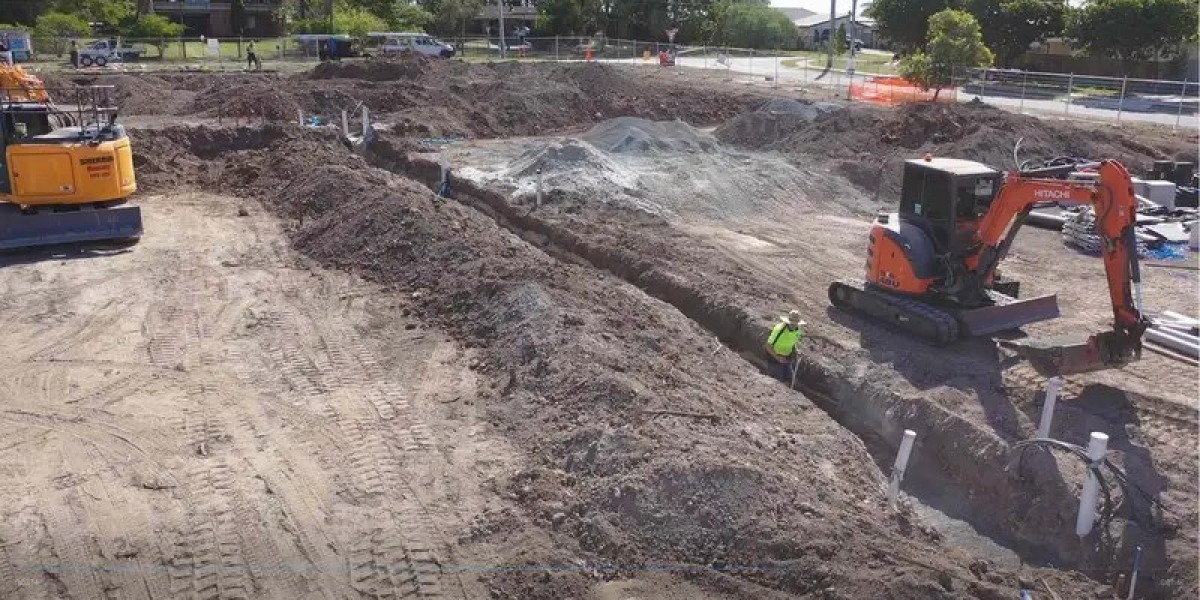A well-crafted construction management plan is the backbone of any successful construction project. It serves as a roadmap, ensuring that all elements of the project — from planning and budgeting to execution and delivery — are carried out efficiently. Effective construction management plans are essential for managing the complexities of construction and ensuring project goals are met.
What is a Construction Management Plan?
A construction management plan is a comprehensive document that outlines how a construction project will be executed from start to finish. It defines all critical aspects of the project, including the budget, timeline, resources, and specific roles and responsibilities. This plan is essential for construction managers, contractors, and project owners to monitor progress, manage risks, and ensure that all project goals are achieved.
Key Elements of a Construction Management Plan
Creating an effective construction management plan requires careful attention to detail and a clear understanding of the project’s scope. Below are key components to include:
1. Project Scope and Objectives
The first section of any construction management plan should define the project scope, outlining the objectives and goals. This includes a detailed description of the construction tasks, anticipated deliverables, and deadlines. Clear goals are essential for maintaining focus and avoiding misunderstandings during the construction process.
2. Budget and Resource Allocation
A well-defined budget is critical for any construction management plan. The budget should include estimates for labor, materials, equipment, and other resources required. Additionally, contingencies should be allocated to handle unforeseen challenges. Effective resource allocation ensures the project stays on schedule and within budget.
3. Risk Management
Risk management is a vital part of construction management plans. Identifying potential risks that could arise during the project, such as safety hazards or unexpected delays, helps develop strategies to minimize their impact. This foresight ensures that the project can progress smoothly despite potential setbacks.
4. Project Timeline and Milestones
A clear project timeline is crucial for tracking progress. Milestones should be established throughout the project to ensure all tasks are completed on time. A construction management plan should include a detailed schedule, highlighting when each phase of the project is expected to begin and end.
Why Are Construction Management Plans Important?
Effective construction management plans provide numerous benefits that directly impact the success of a project:
Streamlined Workflow: By organizing tasks and responsibilities, the workflow becomes more efficient, minimizing downtime and maximizing productivity.
Budget Control: Properly planned budgets help ensure the project remains financially viable and within allocated resources.
Quality Assurance: A well-drafted construction management plan ensures that high standards are maintained throughout the project, meeting or exceeding client expectations.
Conclusion
In conclusion, a construction management plan is a strategic tool that ensures everything is executed efficiently, on time, and within budget. It serves as a roadmap to guide construction teams through the complex process of building, helping to manage risks and optimize resources. A comprehensive and well-organized construction management plan is essential to the success of any construction project.








